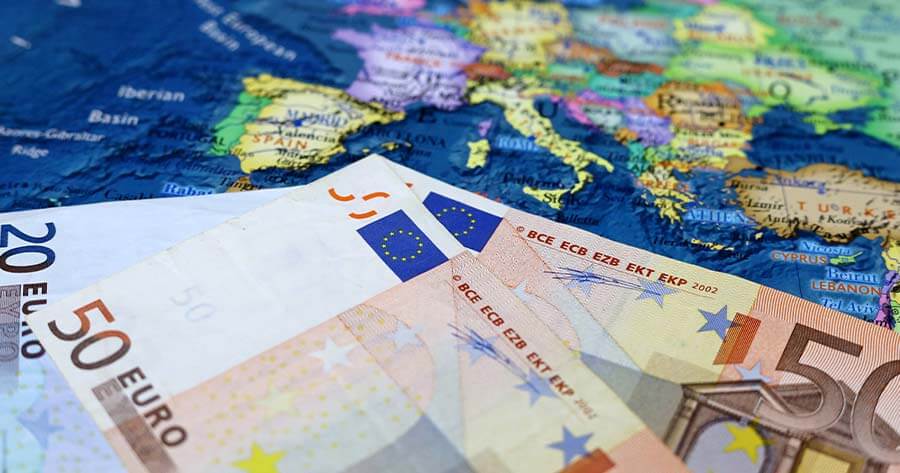The European Union’s economy grew by 0.6% in the last quarter, exceeding forecasts from analysts. The European Commission reported that both consumer confidence and industrial production were major factors supporting this stronger-than-expected growth.
Economic experts had anticipated more modest expansion, but recent data shows that demand from households and industries helped boost the EU’s overall economic performance. Consumer spending, particularly in retail and services, rose steadily, indicating renewed confidence among European citizens.
Industrial production across key sectors also contributed to the growth. Manufacturing output, especially in machinery, electronics, and automotive industries, increased more than analysts had predicted. This helped balance slower growth in some service sectors and bolstered the overall economic figures.
The European Commission highlighted that the labor market remains resilient. Employment levels continued to rise, with unemployment rates holding steady or slightly declining in most EU countries. Higher employment supports household income, which in turn encourages consumer spending, further fueling economic growth.
Inflation in the EU remains a concern, but moderate price increases have not significantly affected consumer behavior. Analysts note that stable energy prices and continued supply chain improvements have helped maintain affordability for everyday goods and services.
Several EU countries reported stronger domestic demand. For example, Germany and France saw notable gains in both industrial output and retail sales, contributing significantly to the EU-wide growth. Smaller economies in Eastern Europe also showed positive trends, adding momentum to the union’s overall economic performance.
The European Commission also emphasized the role of investment in the region. Public and private sector investments in infrastructure, technology, and green energy projects have helped stimulate economic activity. These investments not only support current growth but also lay the groundwork for sustainable economic expansion in the future.
Trade remains an important factor for the EU economy. Exports increased, particularly in high-value goods and industrial products, benefiting from stable international demand. Imports also grew, reflecting healthy domestic consumption and investment in industrial inputs.
Economic analysts are cautiously optimistic about future growth. While external risks such as geopolitical tensions and global market volatility could affect the trajectory, the EU’s strong domestic demand and resilient industrial sector provide a solid foundation.
The European Commission will continue monitoring economic trends closely. Policy decisions, including interest rates and fiscal measures, are expected to support continued growth and ensure economic stability across the region.
Overall, the EU’s latest quarterly growth demonstrates stronger-than-expected performance. With robust consumer confidence, steady industrial production, and positive investment trends, the economy shows resilience and momentum that may help the EU navigate potential challenges in the months ahead.

